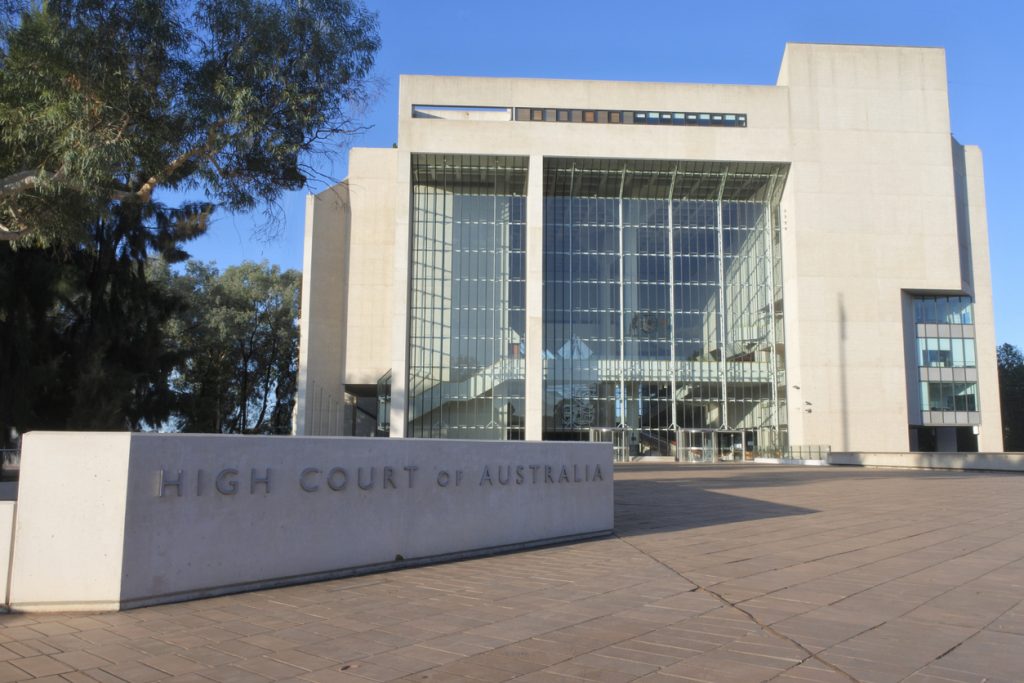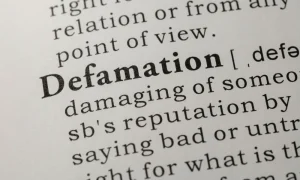New South Wales Attorney-General Mark Speakman on Monday announced sweeping changes to Australia’s defamation laws, intended to “reset” laws that have resulted in “crippling damages payouts, chilling public interest journalism and clogging courts with minor claims”.
Federal Attorney-General Christian Porter discussed the planned reforms with the council of attorneys general via video conference on Monday. The council signed off on the proposed reforms, which had been the subject of an 18-month review spearheaded by New South Wales.
According to the council’s memorandum, the new laws will come into place “as soon as possible” and will include a new public interest defence based on UK legislation. By UK law, publishers accused of defamation are required to prove both that their statements were a matter of public interest and that they believed it was a matter of public interest to publish them.
Other significant additions to be made to Australia’s legislation include:
- A "single publication rule" in each jurisdiction's limitation laws;
- A "serious harm" threshold for defamation claims, to be determined by the judicial officer before the trial;
- Clarification of the "concerns notice" procedure and procedure for offers to make amends, including requiring that concerns notices must be served with sufficient time for a response to be provided before proceedings can start;
- Clarification of the operation of the cap on non-economic damages.
Speakman has historically argued for the need to update Australia’s defamation laws, which were “enacted before social media and online news coverage” and insufficient by modern standards.
“These reforms will bring defamation laws into the modern era, improving the balance between protecting reputations and free speech,” he said.





















